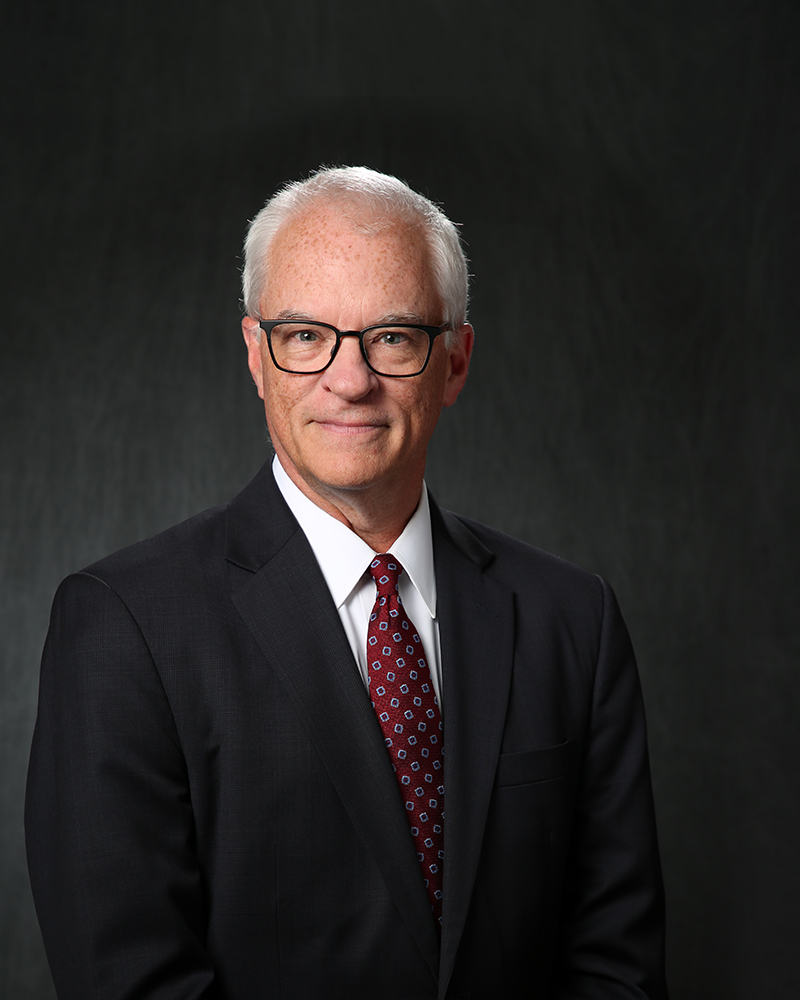By granting certiorari in Rimini Street, Inc. v. Oracle USA, Inc., the Supreme Court is set to resolve a circuit court split on the issue of whether recoverable “costs” in copyright cases are limited to those enumerated in the general cost statute of the Federal Rules of Judicial Procedure, or encompass a broader range of “full costs,” such as expert fees, consultant fees, and electronic discovery costs.
“The amounts at issue here can be significant,” says Kevin Parks, a shareholder in Leydig’s Chicago office. “If potential copyright plaintiffs understand they could be on the hook for tens of millions of dollars in litigation costs if they lose, that would certainly have a chilling effect on borderline copyright claims.”
Read More
The general cost statute that applies to all federal litigation unless otherwise stated – 28 U.S.C. §§ 1920 and 1821 – allows a prevailing party to recover six categories of so-called “taxable costs:” clerk and marshal fees, transcript fees, printing and witness disbursements, copying costs, docket fees, and compensation for court-appointed experts.
Section 505 of the Copyright Act, however, provides that in copyright litigation, a court may allow a prevailing party to recover its “full costs.” That is exactly what a district court in California did in the litigation between Oracle and Rimini Street, awarding Oracle nearly $20 million in costs, including $12.8 million in costs that Rimini Street argued were non-taxable and, therefore, not recoverable.
The U.S. Court of Appeals for the Ninth Circuit affirmed the award, ruling as it had in previous cases that “full costs” under Copyright Act can include litigation expenses beyond those listed in the general cost statute. This puts the Ninth Circuit at odds with the Eighth and Eleventh Circuits, which have limited copyright awards to taxable costs.
An inclination among many of the justices to strictly construe statutory language may portend the Court overturning the Ninth Circuit and limiting recovery of costs in copyright cases, especially considering the specific facts of this case, says Kyle Migliorini, an associate in Leydig’s Chicago office.
“Rimini Street’s underlying conduct was particularly egregious, and many of the expenses Oracle incurred were necessary because of Rimini Street’s bad acts,” Migliorini notes. “But there is nothing in either statute to suggest that an award of costs should take into consideration a litigant’s misconduct. The Court may well see the plain language as limiting recoveries to taxable costs, as is the case for other litigants in federal court.”

